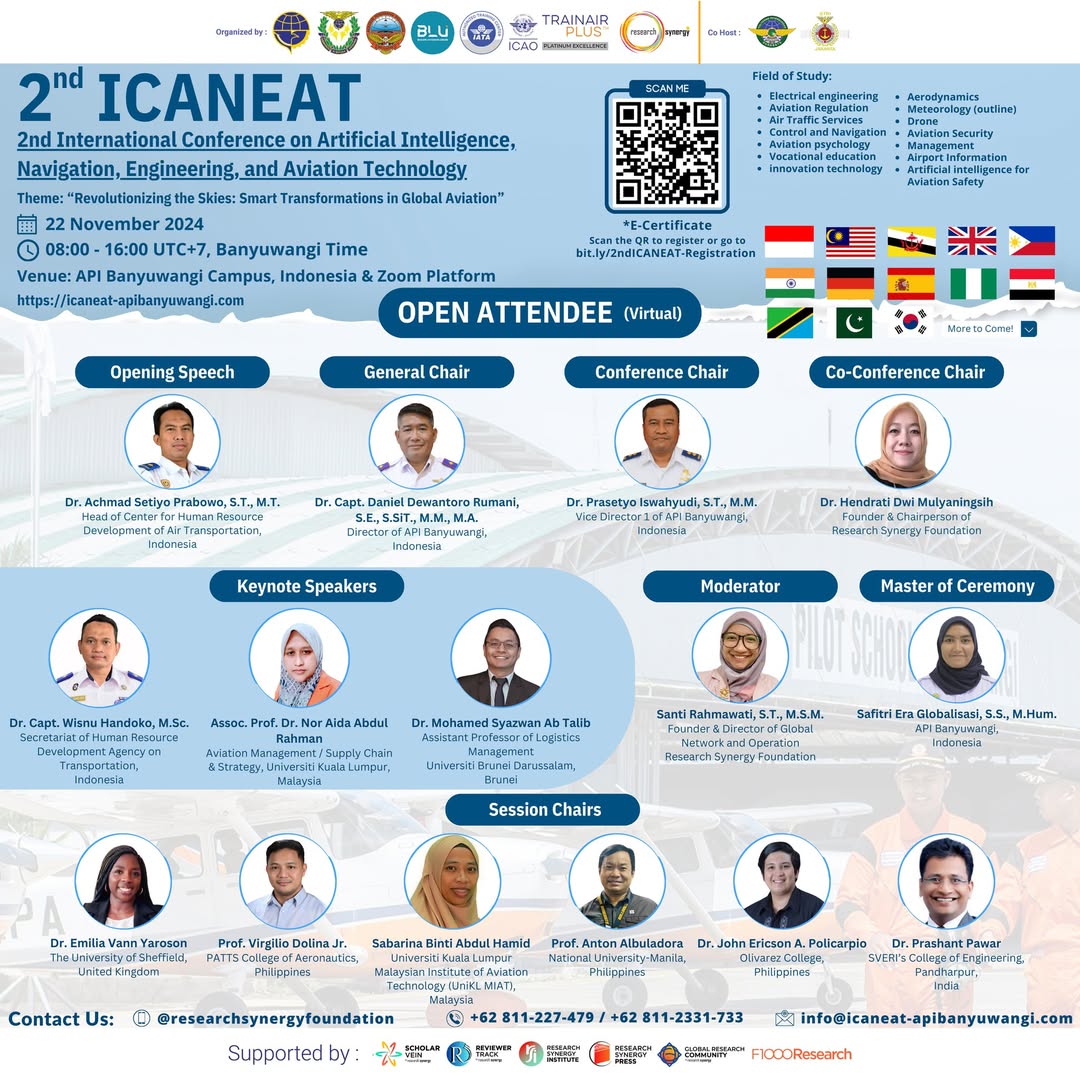Work Spirit as a Performance Trigger: a Qualitative Study on Competence, Motivation, and Rewards in PT. PLN ULP Gebang Environment
Keywords:
work ethic, competence, motivation, awards, performanceAbstract
This research aims to explore how work spirit is formed and plays a role in encouraging employee performance, by highlighting the contribution of individual competence, work motivation, and reward system within PT. PLN (Persero) ULP Gebang. Using a qualitative approach with a case study method, data was collected through in-depth interviews with a number of purposively selected engineering service employees. The results show that work ethic arises in response to the integration of technical abilities (competencies), intrinsic and extrinsic motivation (motivation), and recognition of contributions (rewards). These findings confirm that work morale is not only an indicator of employees' positive attitudes, but also a major catalyst in achieving service targets. This research provides important implications for human resource management, especially in designing performance development strategies based on a humanistic approach.
References
[1] Bass, B. M., & Riggio, R. E. (2006). Transformational Leadership (2nd ed.). Psychology Press.
[2] Goleman, D. (2001). Emotional Intelligence: Issues in Paradigm Building. In C. Cherniss & D. Goleman (Eds.), The Emotionally Intelligent Workplace (pp. 13–26). Jossey-Bass.
[3] Hasibuan, M. S. P. (2019). Human Resource Management. Jakarta: Bumi Aksara.
[4] Mangkunegara, A. A. A. P. (2017). Corporate Human Resource Management. Bandung: Remaja Rosdakarya.
[5] Robbins, S. P., & Judge, T. A. (2021). Organizational Behavior (18th ed.). Pearson Education.
[6] Rahayu, S. (2023). Motivation and Performance of Human Resources in a Strategic Perspective. Medan: UNPAB Press.
[7] Rahayu, S. (2018). The influence of motivation and discipline on employee work performance at PT. Langkat Nusantara Kepong, Langkat Regency. FRIDAY, 9(1), 115–132.
[8] Rahayu, Sri. "The Influence of Human Resource Quality on Employee Performance in Village Unit Cooperatives in Lau Gumba Brastagi, North Sumatra." Journal of Management Tools 12, no. 1 (2020): 51.
[9] Rahayu, S. (2020). The Effect of Transformational Leadership on Work Discipline and Employee Performance. International Journal for Innovative Research in Multidisciplinary Field, 6(2), 250-253.
[10] Rivai, V. (2020). Human Resource Management for Companies: From Theory to Practice. Jakarta: PT RajaGrafindo Persada.
[11] Serendipity. (2018). Human Resource Management, Bureaucratic Reform, and Civil Servant Management. Bandung: Refika Aditama.
[12] Siagian, S. P. (2020). Motivation Theory and Its Application in Organizations. Jakarta: Rineka Cipta.
[13] Sutrisno, E. (2022). Human Resource Management. Jakarta: Kencana.
[14] Hero. (2015). Human Resource Performance Evaluation: Theory, Application and Research. Jakarta: Salemba Four.
Downloads
Published
Issue
Section
License
Copyright (c) 2025 Yusmardi Akbar, Sri Rahayu, Kiki Farida Ferine (Author)

This work is licensed under a Creative Commons Attribution-ShareAlike 4.0 International License.









